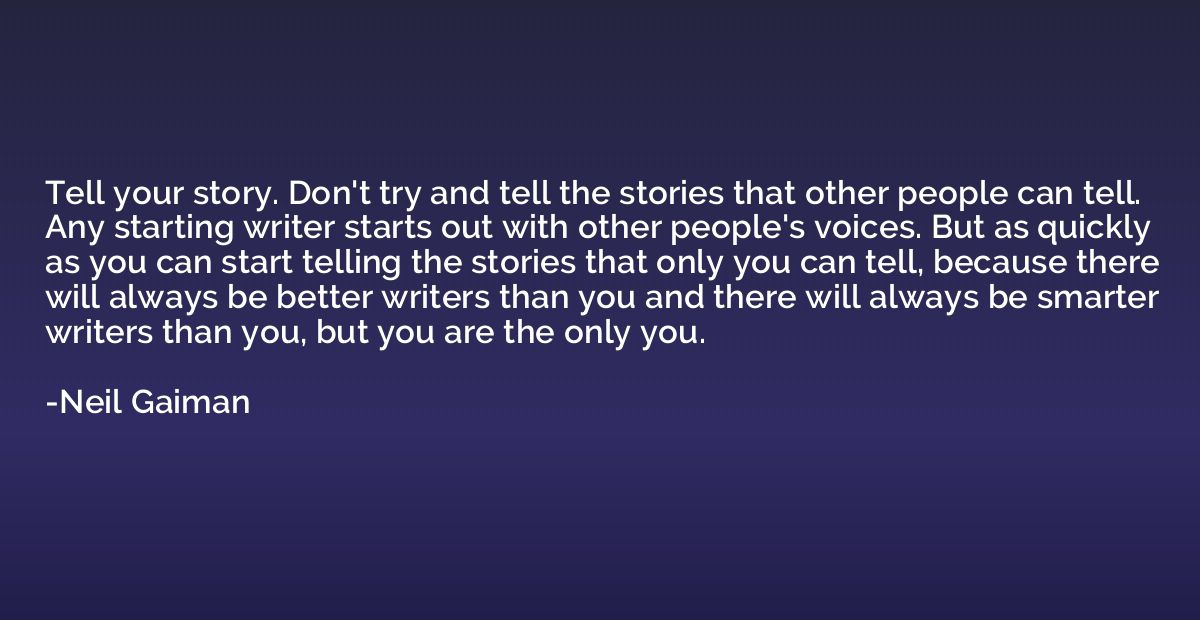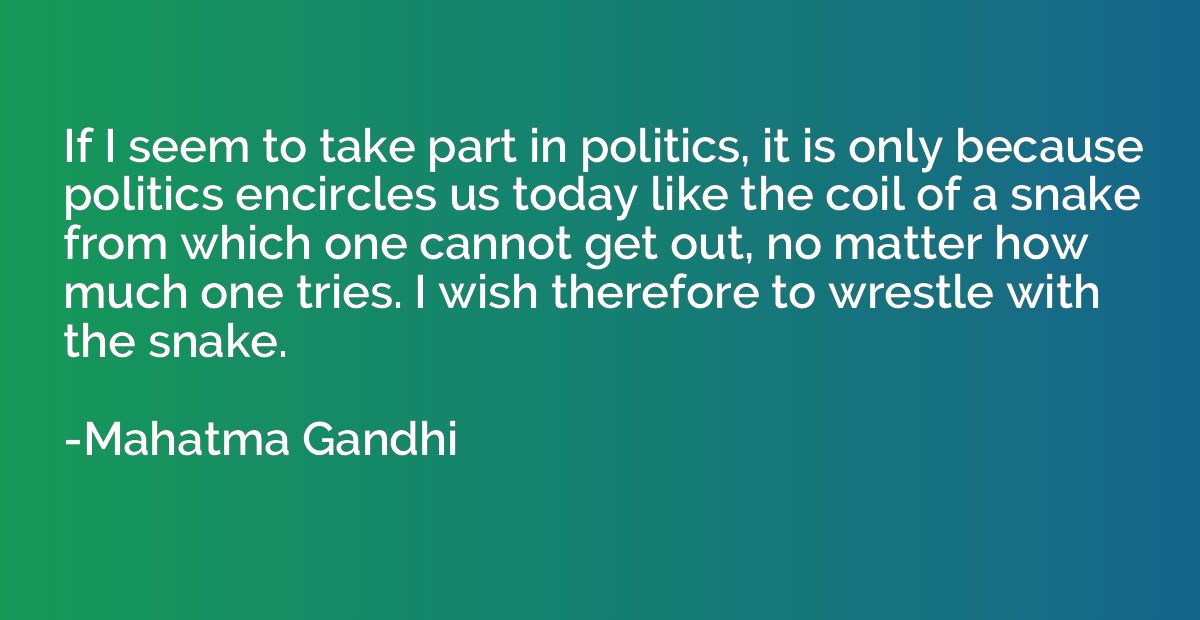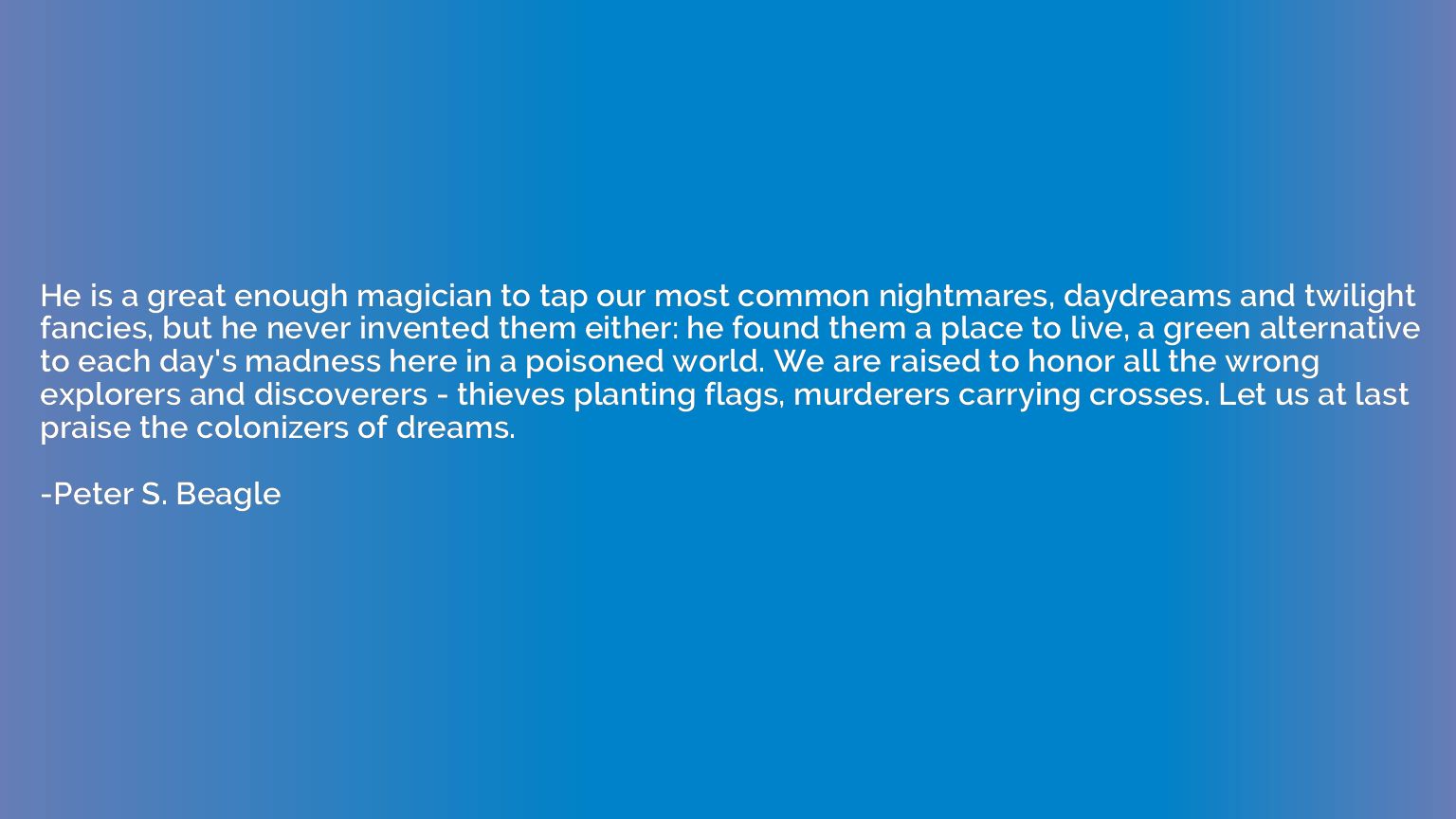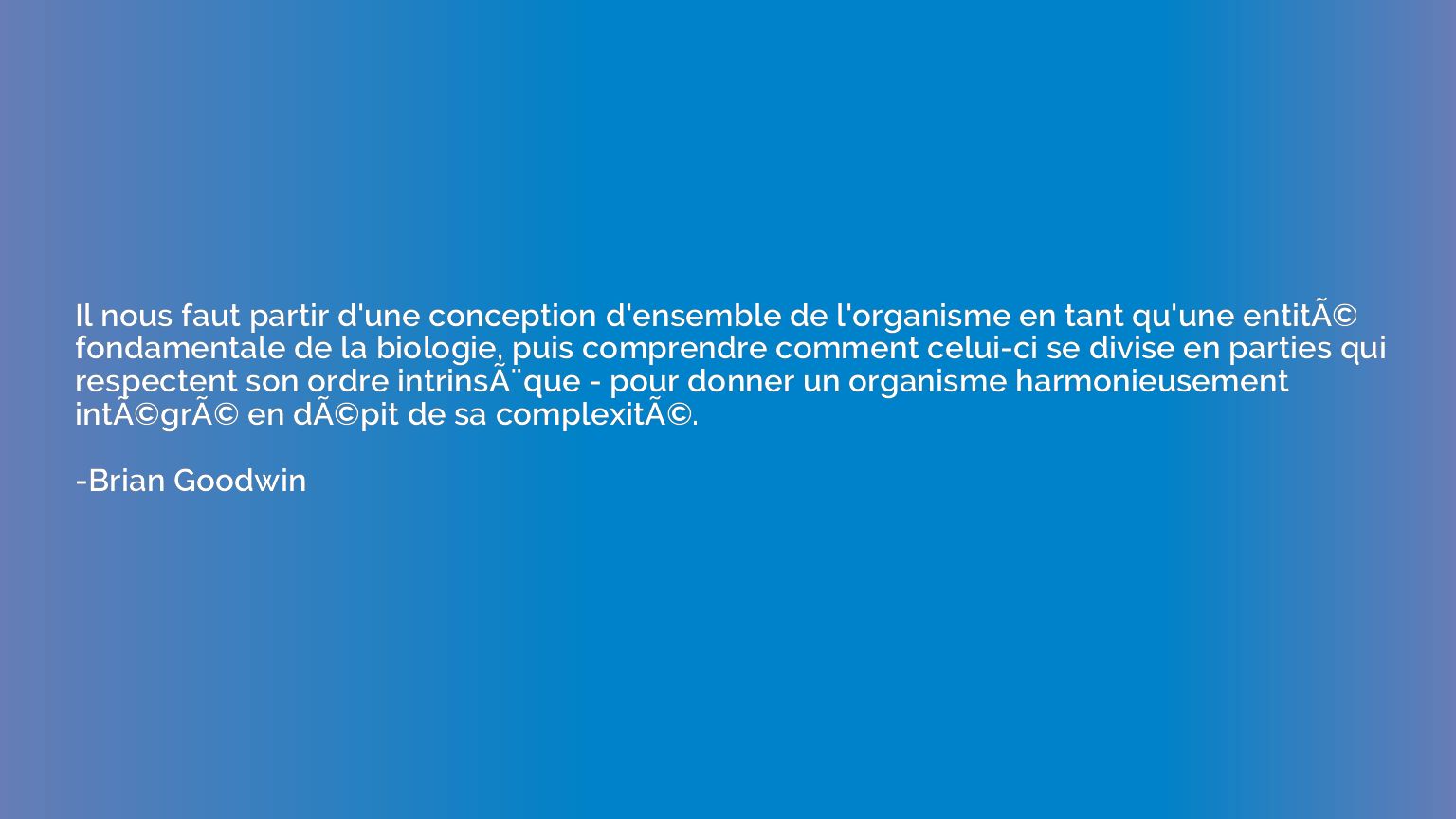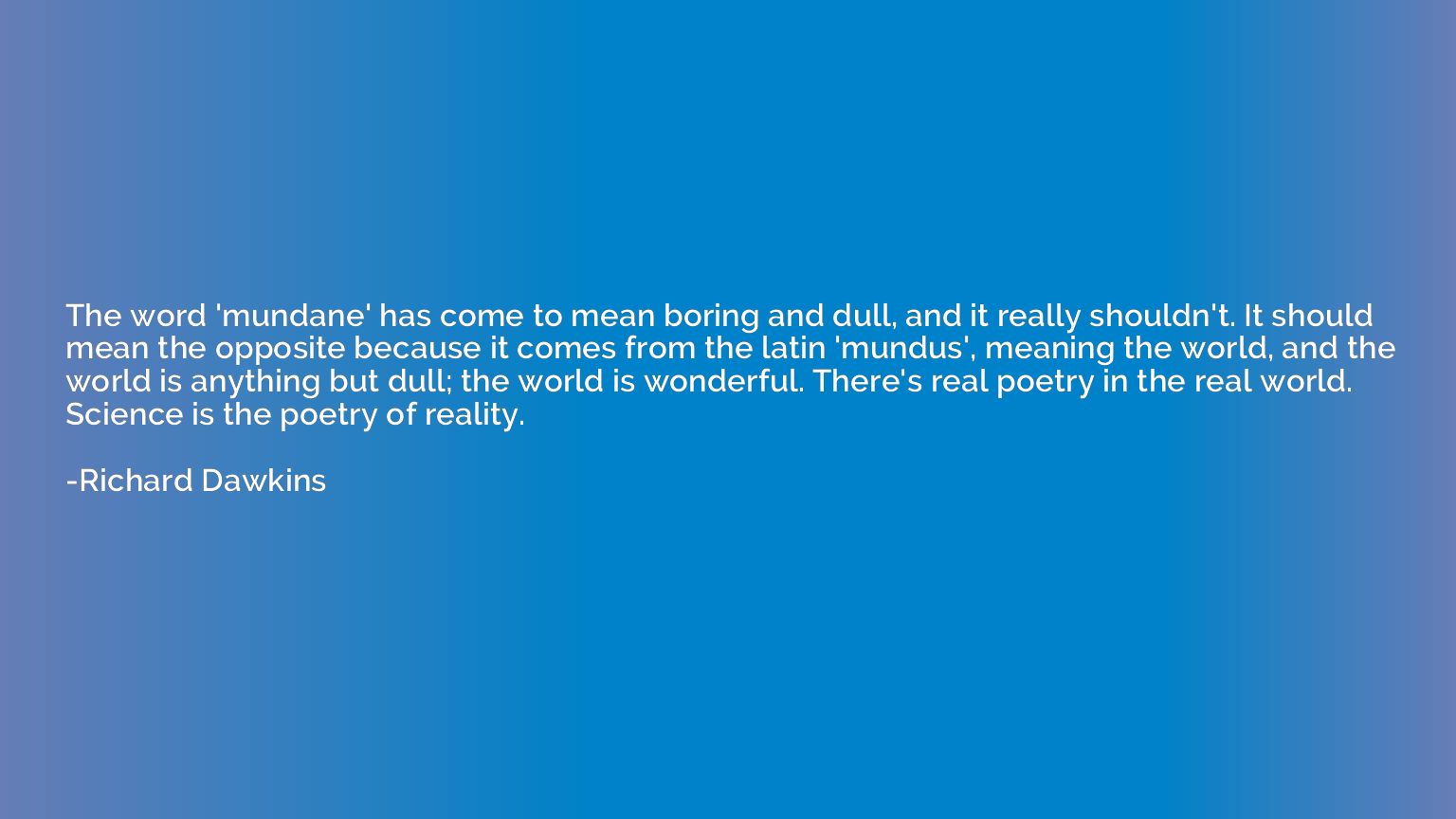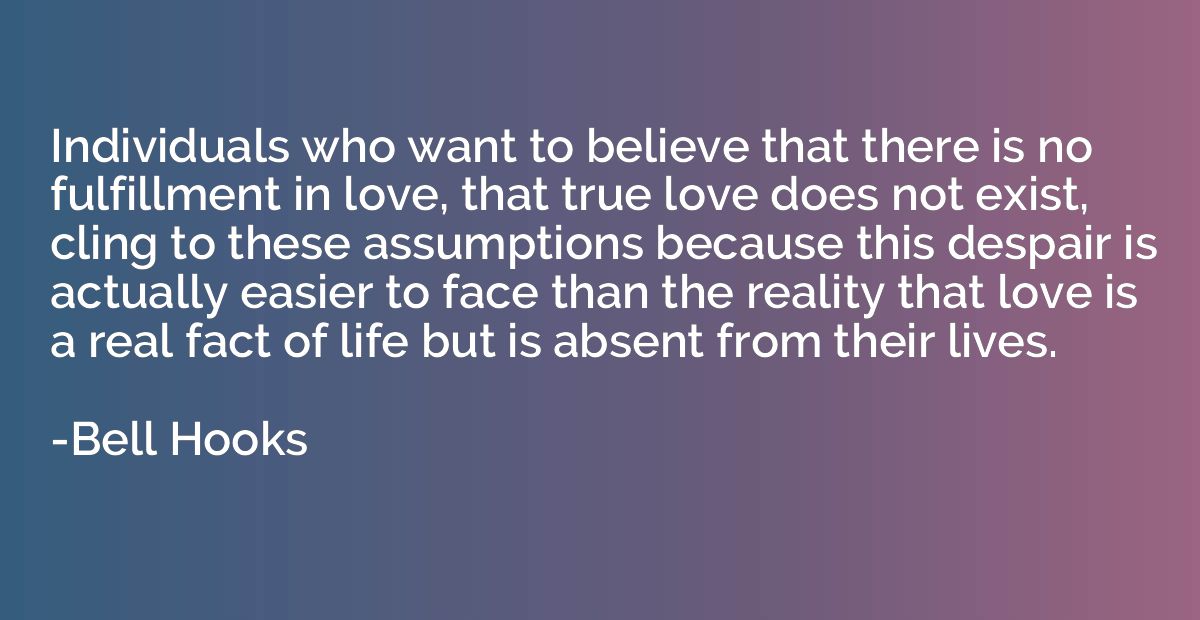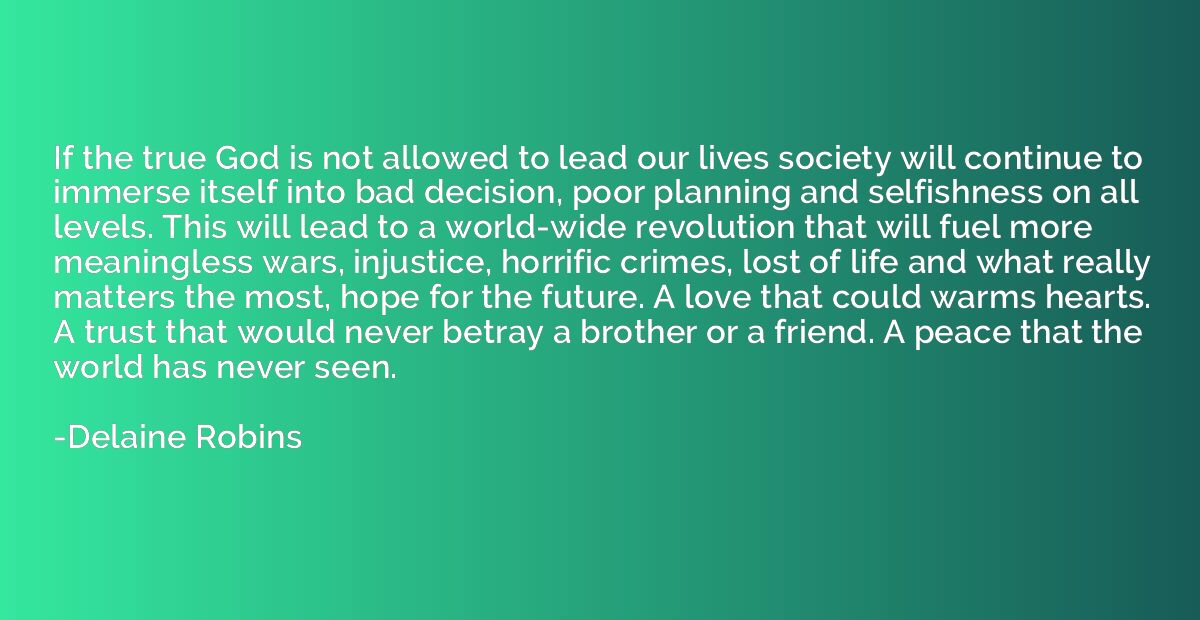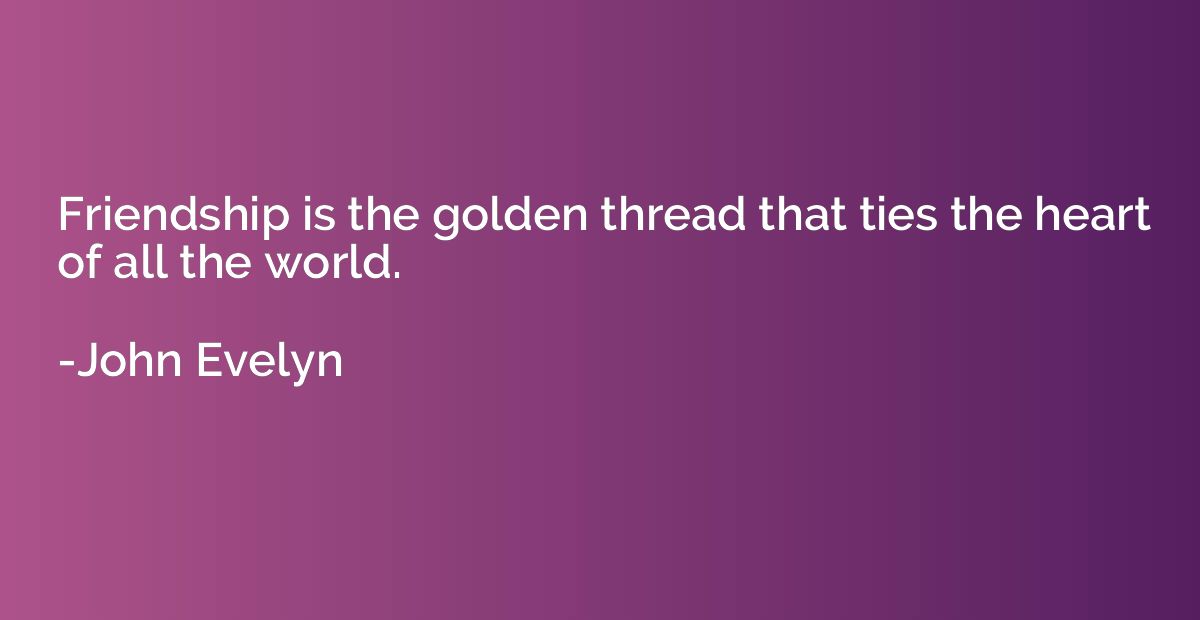Quote by Robert Louis Stevenson, It Blows
It blows a snowing gale in the winter of the year; The boats are on the sea and the crews are on the pier.The needle of the vane, it is veering to and fro,A flash of sun is on the veering of the vane.Autumn leaves and rain,The passion of the gale.
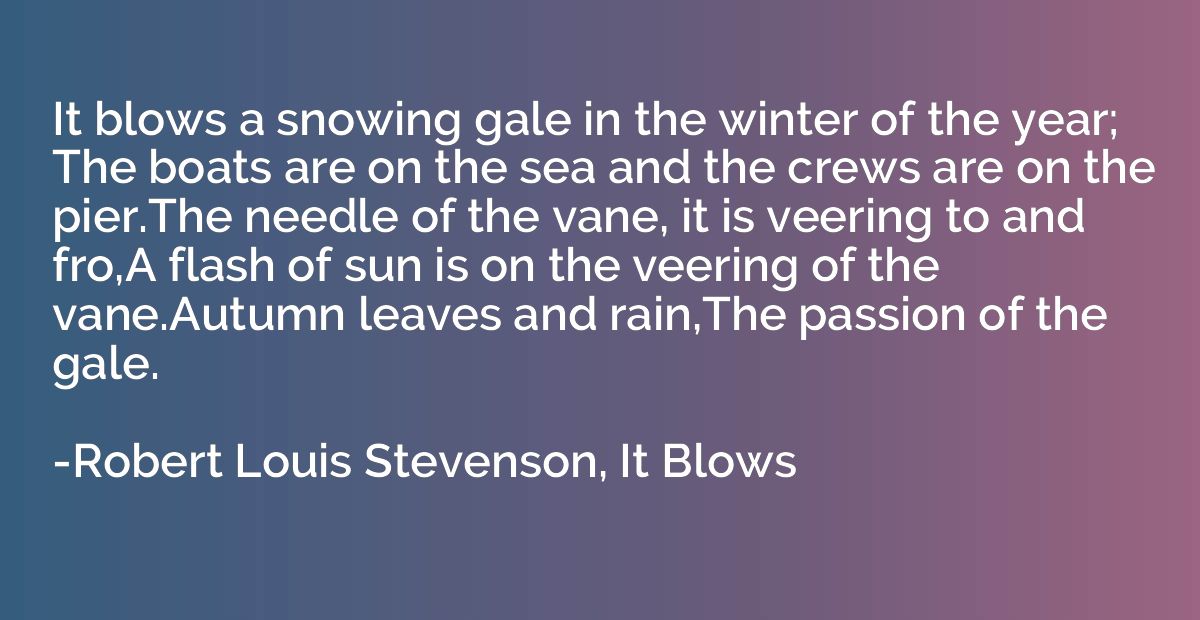
Summary
This quote describes the tumultuous and unpredictable nature of winter. The poet uses vivid imagery, mentioning a snowstorm blowing fiercely and boats and their crews waiting on the pier. The needle of a weather vane is seen shifting back and forth, indicating the changing wind direction. A sudden ray of sunlight momentarily highlights this movement. The reference to autumn leaves and rain suggests a sense of passion and intensity accompanying the storm. Overall, the quote captures the chaotic yet captivating essence of winter weather.



